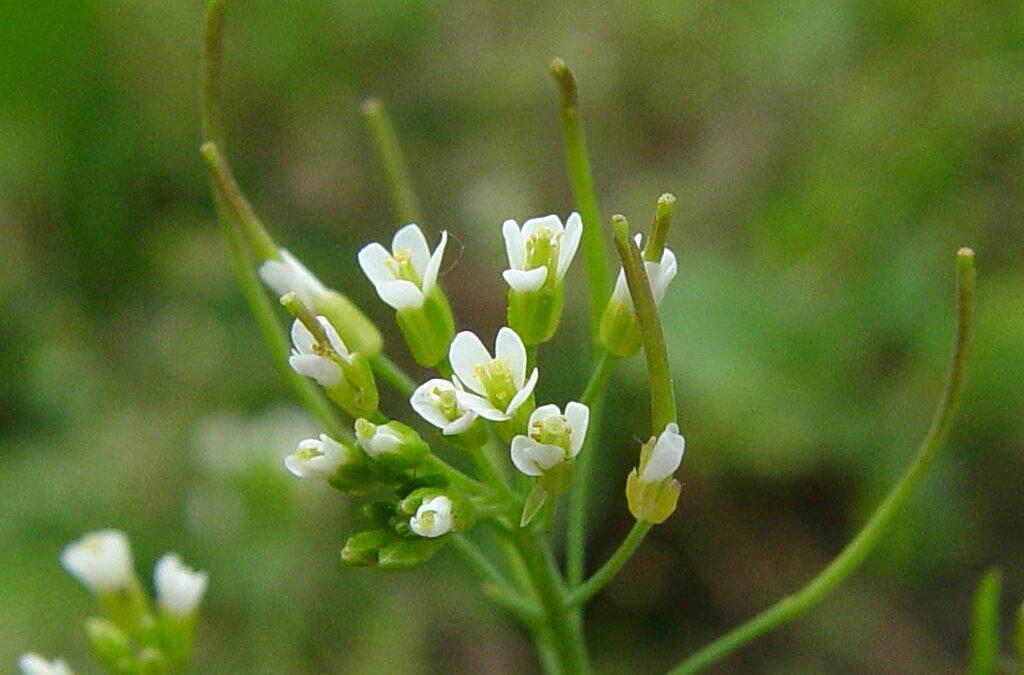Brown University researchers discovered that the climate strongly affected the genome of the plant Arabidopsis thaliana , and specifically the genes of this plant involved in the survival and reproduction.
According to the study, if the climate is hot, cold, dry or wet, the genes of Arabidopsis thaliana involved in the survival and reproduction vary widely. This result suggests that the plants likely have the genetic flexibility to adapt to ongoing climate change.
To achieve this, the researchers collected no less than 75 000 specimens of Arabidopsis thaliana , in the Arctic Circle to the Mediterranean. They then analysed the genome of these plants, and more specifically the genes involved in the survival and reproduction in order to identify all the changes affecting these genes.
Results? For each climate of origin, the researchers found that genes involved in the survival and reproduction were precisely those that were most prevalent in the plant’s genome.











